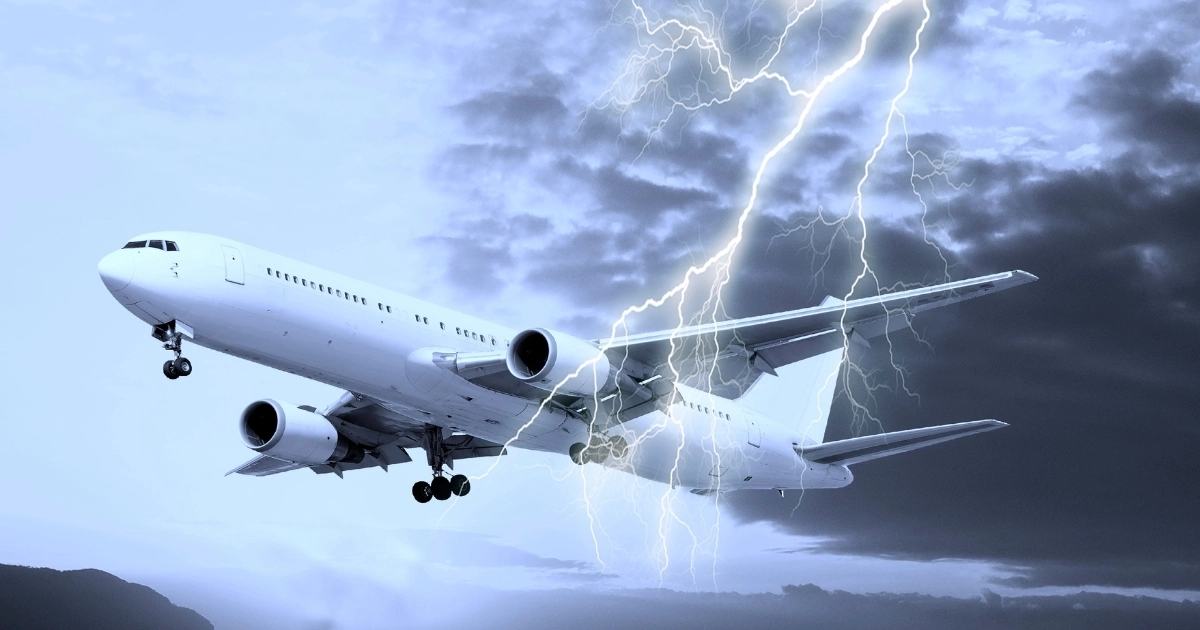In the fast-evolving world of logistics, transportation, and mobility, weather plays a crucial role in maintaining operational efficiency. As climate patterns become increasingly unpredictable, businesses need advanced solutions to manage weather-related risks and optimize performance. At Buluttan, we provide the tools to seamlessly integrate weather data into business strategies, transforming weather from a potential disruption into a strategic advantage.

Understanding Weather's Impact on Mobility Choices
Weather conditions significantly influence daily mobility decisions, affecting factors such as transport modes, route selection, and trip planning. These effects are not uniform across regions. For example, in cities like Utrecht, where cycling is a primary mode of transport, adverse weather conditions—such as rain, wind, and extreme temperatures—have a much stronger impact compared to car-dependent areas like Stavanger. This highlights the need for businesses to account for local climate and transportation patterns when deploying weather intelligence tools.

A recent study shows that warmer and drier weather generally increases the use of active transportation modes like walking and cycling, particularly in cities such as Oslo and Stockholm. Conversely, cold, wet, or windy conditions tend to drive people towards car use.
Enhancing the Efficiency of Electric Vehicles and Sustainable Transport
Weather intelligence is particularly critical for the efficient operation of electric vehicles (EVs). Environmental factors such as wind resistance, precipitation, and temperature can significantly impact an EV’s energy consumption. For instance, wind can increase power demand by up to 25%, while wet or snow-covered roads can result in a 50% surge in energy usage. With Buluttan’s advanced forecasting tools, businesses can better manage these fluctuations, optimizing EV fleet performance even in challenging weather conditions.

Mitigating Risks for Autonomous Vehicles
The rise of autonomous vehicles (AVs) introduces new challenges in mobility. Weather conditions such as rain, snow, and fog can reduce visibility, affect road traction, and compromise the safety of AV systems that rely on sensors for navigation. High-resolution weather data and real-time hazard alerts enable businesses to proactively communicate with AV fleets, enhancing safety and reducing operational risks.
Ensuring Business Continuity in an On-Demand Economy
In today’s on-demand economy, delays are unacceptable. Customers expect timely and seamless service, regardless of weather conditions. However, extreme weather events—such as hurricanes and floods—have shown how vulnerable logistics operations can be. Buluttan provides businesses with predictive analytics and advanced forecasting capabilities, helping them anticipate disruptions, optimize routes, and adjust delivery schedules to ensure business continuity and meet consumer expectations even under adverse weather conditions.




















